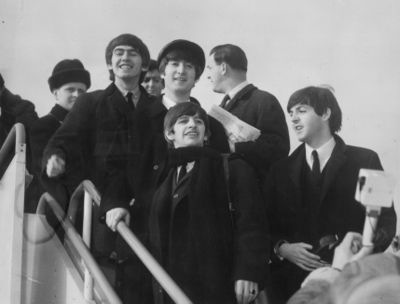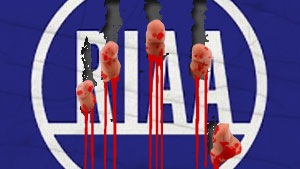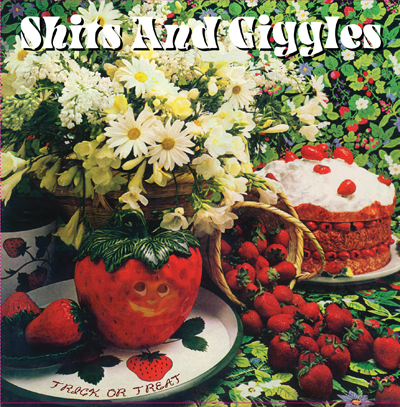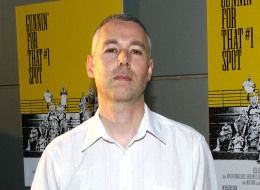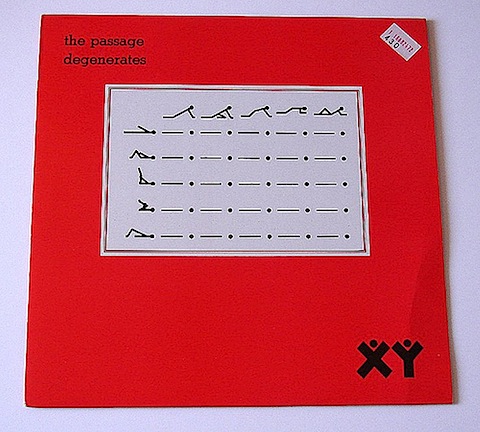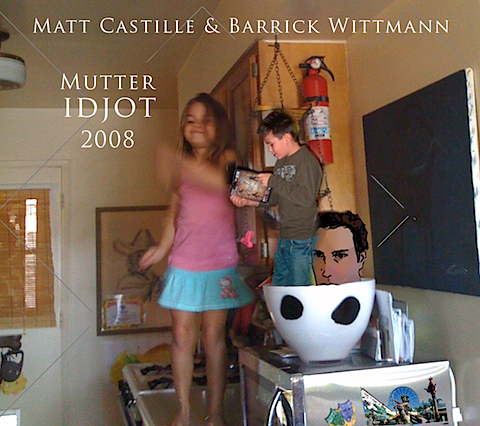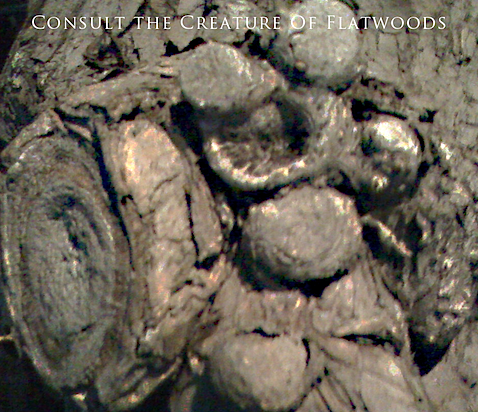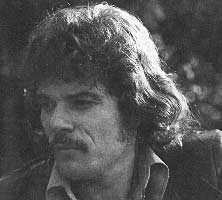Lawyers plan class-action to reclaim “$100M+” RIAA “stole”
The recording industry has spent (and continues to spend) millions of dollars on its litigation campaign against accused file-swappers, but if two lawyers have their way, the RIAA will have to pay all the money back. Not content simply to defend Jammie Thomas-Rasset in her high-profile retrial next week in Minnesota, lawyer Kiwi Camara is joining forces with Harvard Law professor Charles Nesson to file a class-action lawsuit against the recording industry later this summer.
The goal is nothing less than to force the industry to pay back the alleged “$100+ million” it has collected over the last few years. Perhaps the RIAA had good reason not to send those settlement letters to Harvard for so long.
Stopping the lawsuits
Ars spoke with Camara on Tuesday as he rode to the airport for the flight to Minneapolis, where he will defend Jammie Thomas-Rasset after only two weeks of preparation. But the time crunch has in no way restricted his vision; Camara says that he is intent on dismantling the entire RIAA litigation campaign by going after its legal underpinnings.
Camara’s firm doesn’t do easy cases, and even in pro bono cases, “we want to fix a problem for a lot of people, including our client.”
That means doing more than getting Thomas-Rasset off without a guilty verdict, and it’s why Camara has already gone after the two fundamental pieces of RIAA evidence in these cases.
First up was the evidence from hired investigator MediaSentry, which tracked down IP addresses of file-sharers and provided the only evidence of observed copyright infringement. Camara has argued that MediaSentry was not licensed as a private investigator in Minnesota, that it ran an illegal “pen register,” and that its evidence should be barred. Such a move would essentially destroy the RIAA’s main evidence of copyright infringement, and it’s no surprise that the trade group has pushed back hard.
But Camara goes even further back in the evidence chain. To prove copyright infringement, the RIAA needs evidence of that infringement, of course, but it also needs to prove it owns the copyrights in question. If it can’t establish that fact, the case also falls apart.
This sounds like a long shot—surely the record labels did something as basic as register their copyrights?—but Camara tells us that it’s not so simple.
“They basically committed a technical screw-up,” he says of the RIAA. That’s because lawyers provided the court with “true and correct” copies of their copyright registrations (perhaps accurate but not “official), but these are not the “certified copies” required under federal rules of evidence.
The RIAA seemed taken aback by Camara’s pretrial complaint and asked the judge in the case to simply take “judicial notice” of the validity of its forms. But, after a telephone conversation on Monday, the judge refused to do that.
He also rejected the RIAA argument that “hey, these forms were good enough for Thomas’ first trial, so they’re good enough now.” The judge pointed out that “the Court’s Order granting a new trial in this matter granted an entirely new trial on all issues. The fact that Defendant did not object to Plaintiffs’ evidence of registration in the First Trial does not preclude Defendant from putting Plaintiffs to their burden of proof on this issue in the retrial.”
The RIAA admitted that “it will be difficult and expensive to now attempt to obtain certified copies from the US Copyright Office in time for trial.” Whoops.
Even if the RIAA comes up with the documents, though, Camara still has objections to their contents (or lack thereof). The registrations don’t include the actual “specimen,” for one thing (in this case the actual sound recording filed with the Copyright Office), so Camara says he has no way to know what was actually filed and whether it truly is identical with what Thomas-Rasset is accused of sharing.
He will also charge that the registrations are simply invalid, since they were all done in the names of the various record labels, not of the artists. But the “work for hire” law under which this was done has been improperly applied in these cases, he says, and the registrations are therefore defective.
Taken together, the two lines of attack on the RIAA’s main evidence are an attempt to cripple the recording industry case before it even reaches the question of whether Thomas-Rasset actually “did it.” Which is probably just as well, since there is some fairly compelling evidence against her, evidence good enough to secure a guilty verdict the first time around.
Getting the money back
But not even this sort of attack on the RIAA’s methods goes far enough for Camara. He tells Ars that he and Harvard Law professor Charles Nesson will file a class-action lawsuit against the industry at some point after the conclusion of the Thomas-Rasset case in an effort to make the labels pay back all monies taken in from settlements with file-sharers.
Or, in Camara’s words, he’s going to “get the $100 million that they stole.” (The RIAA tells Ars that the $100 million figure is inaccurate, and RIAA general counsel Steven Marks indicated in a recent Ars op-ed that the labels had lost money on the campaign.)
The idea behind the suit is that the RIAA has illegally threatened people, using void copyright registrations, and scared them into paying an average of $3,000 or $4,000 apiece to fend off the threat of federal litigation.
Big picture thinking
If all of these arguments weren’t enough, the Nesson/Camara tag team have a couple more eyepoppers to make: P2P file-sharing of copyrighted material is fair use, and huge statutory damage awards against noncommercial users are unconstitutional.
Clearly, “thinking small” doesn’t interest either man—Nesson has the nickname “Billion Dollar Charlie” for a reason, and it’s not surprising to learn that Camara studied with Nesson at Harvard and calls him “the smartest person that I know.” Camara, for his part, is a sharp lawyer who was the youngest person ever to enroll in Harvard Law.
As he prepares to fly up to Minnesota today, Camara says, “We’re ready for trial.” He also says that he plans to win.
[From Lawyers plan class-action to reclaim “$100M+” RIAA “stole” – Ars Technica]
